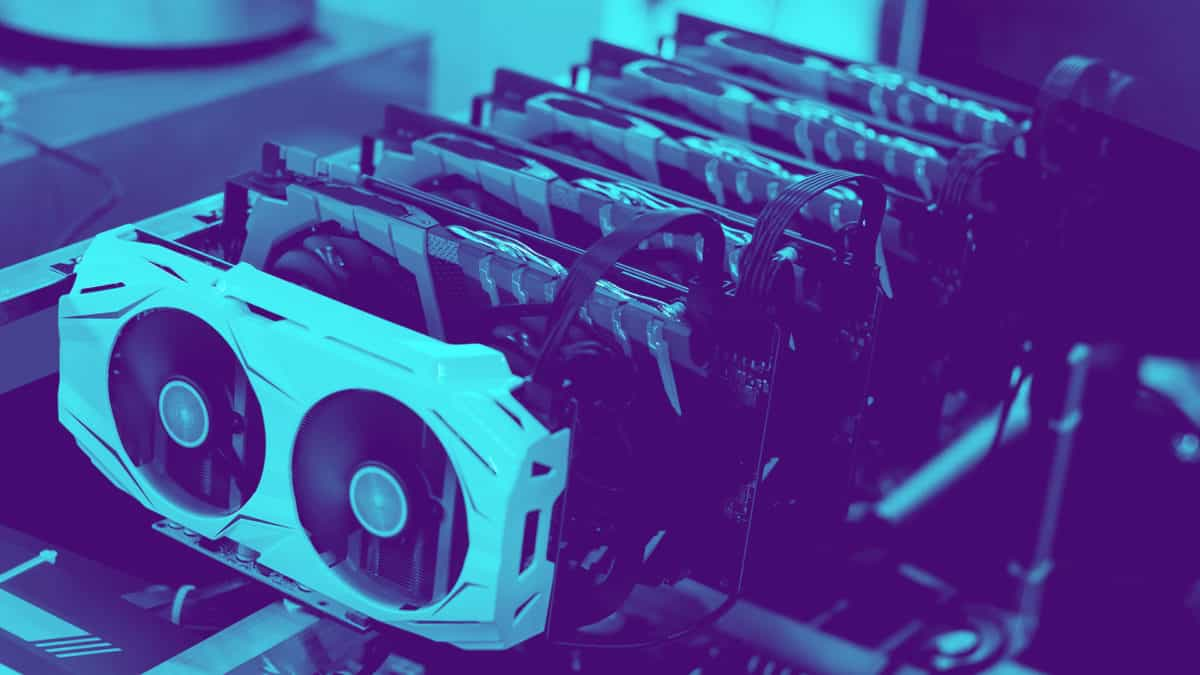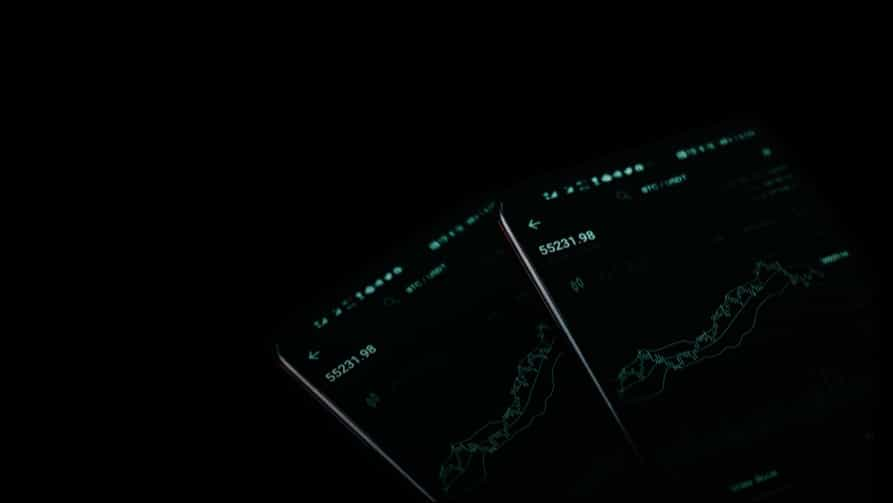Miners have to be disciplined with expenses to offset the effects of the next halvening, says Leo Zhang, Principle at Iterative Capital Management

We'd love your feedback.
As the next bitcoin halvening is set to occur in six months, miners need to be more cautious when managing their production expenses and block rewards in order to offset the effects of diminishing revenue, Leo Zhang, Principal at Iterative Capital Management, said in this week’s episode of The Scoop.
According to Zhang, how the upcoming halvening will impact the mining industry is still unclear because, contrary to what many believe, there is a strong connection between hash rate and price and whether the market will be bearish or bullish for miners will depend on where the price goes.
A report by Iterative Capital shows that the cost of production could rise considerably after the next halvening. Currently, if a miner uses Whatsminer M20s at three cents per kilowatt-hour, the cost of production per bitcoin is approximately $7,000. With the halvening, and the assumption that as hashrate continues to grow miners will continue to adopt a more conservative seven cents per kilowatt-hour model, the cost will be close to $17,000.
Therefore, compared to the period between 2013 and 2016 when, according to Zhang, “people were just doing whatever because they were making so much money,” miners nowadays will have to be more disciplined around managing expenses and selling rewards.
There are a few ways for firms to handle their operations more responsibly, he said. First, they should purchase hardware at the lowest possible price and cut the cost of electricity as well as other ongoing expenses to a minimum. Second, firms need to make sure that they have enough electricity so they do not scramble when the price is too low and they oversell their number of coins. Moreover, the transactions from coins to fiat should be relatively frictionless.
“There is no real efficient way to actually hedge, and the best you can do is keep your expenses as low as possible,” he said. “I think mining as a business is going to become more and more expensive to run and requires more and more financialization.”

